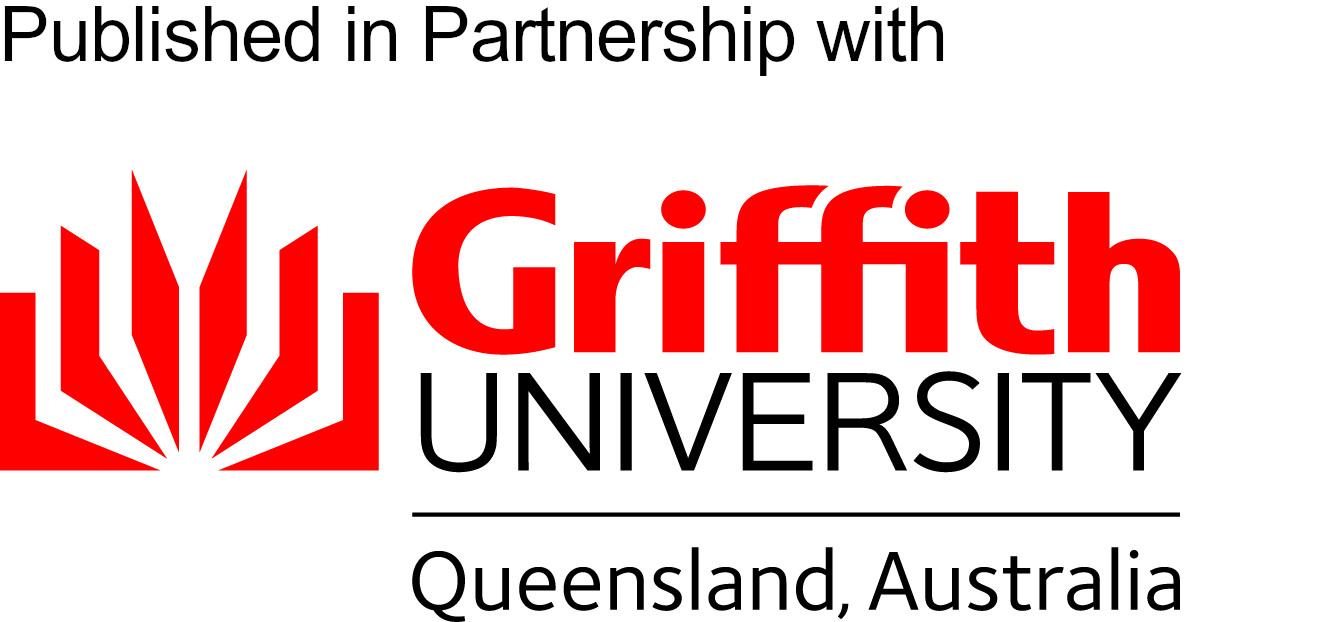Dropping out/dropping back in
Matters that make learning matter
DOI:
https://doi.org/10.1017/qre.2017.9Keywords:
Malmo, Sweden, young people from a migration background, relational capital, educational successAbstract
Nearly one in three students living in the segregated, multicultural city of Malmo, Sweden, fails to finish school with a completed diploma. To remedy this situation, students can attend introductory programs, but only some students who do so end up with a diploma. The aim of this article is to understand why young people from a migration background drop out of secondary school and why some of them drop back in and become school achievers. We explore what makes learning matter among youth who drop back into schooling. In seeking possible answers to this question, we listened to and learned from the students themselves. We hope readers will learn about the elementary forms of an enabling opportunity structure for school achievement, about the significance of relational capital, and about the deeply associated meanings of family and friendship and their importance to school success. The article is framed by the interdependencies of two conditioned temporalities: the temporality of the past — that is, the dropping-out process — and the temporality of the present, that is, the dropping-back-in process. We argue that school failure is not an inevitable phenomenon, and show that young people who are supported to drop back into schooling can discover that they are capable of learning with passion and perseverance.
References
Ambrose A. 2016. Att navigera pa en skolmarknad — en studie av valfrihetens geografi i tre urbana skolor. Stockholm: Barn och ungdomsvetenskapliga institutionen, Stockholms universitet.
Bouakaz L. 2007. Parental involvement in school: What hinders and what promotes parental involvement in an urban school, Malmo: Malmo ¨College Studies in Educational Sciences
Bunar N. 2001. Skolan mitt i fororten ¨ . Stockholm/Stehag: Symposion.
—— 2009. Nar marknaden kom till f ¨ ororten: valfrihet, konkurrens och symboliskt ¨kapital i mangkulturella skolor ? . Lund: Studentlitteratur.
—— 2010. Nyanlanda och l ¨ arande ¨ . Stockholm: Vetenskapsradet. ?
—— 2015. Nyanlanda och l ¨ arande — mottagande och inkludering ¨ . Stockholm: Natur och Kultur.
Bunar N. and Sernhede O. (eds) 2013. Skolan och ojamlikhetens urbana geografi. Om ¨skolan, staden och valfriheten. Goteborg: Daidalos. ¨
Cederberg M. 2012. ‘Gymnasieskola — inte en skola for alla?’ Rapport fr ¨ an Malm ? o¨stad.
Cohen D.K. 2011. Teaching and its predicament, Chicago, IL: University of Chicago Press.
Dilthey W. 1985. Poetry and experiences: Selected works volume V. Princeton, NJ: Princeton University Press.
Duckworth A. 2016. Grit: The power of passion and perseverance. London: Vermilion.
Geertz C. 1999. A life of learning. Charles Homer Haskins Lecture for 1999. Washington, DC: American Council of Learned Societies.
Kallstenius J. 2010. De mangkulturella innerstadsskolorna: om skolval, segregation och ?utbildningsstrategier i Stockholm. Stockholm: Stockholms universitet.
Lund. A. 2015a. ‘From pregnancy out of place to pregnancy in place: Across, within and between landscapes of meaning’, Ethnography 18(1): 76–87.
—— 2015b. ‘At a close distance: Dropouts, teachers, and joking relationships’, American Journal of Cultural Sociology 3: 280–308.
—— 2016. ‘Nar allt annat misslyckats’, in A. Lund and S. Lund (eds), ¨ Skolframgang i ?det mangkulturella samh ? allet ¨ . Lund: Studentlitteratur.
Lund A. and Lund S. 2017. ‘“Eftersom vi skrattar at det s ? a fastnar det batter”: Hu- ?mor och relationell lararauktoritet’, in M. Trondman and M. Lennartsson (eds), ¨Auktoritet. Goteborg: Daidalos. ¨
Lundahl L., Erixon-Arreman I., Holm A. and Lundstrom U. 2014. ¨ Gymnasiet som marknad. Umea: Bor ? ea. ´
Merton R.K. 1996a. ‘Opportunity structure’, in R.K. Merton, On social structure and science, Chicago: Chicago University Press.
—— 1996b. ‘The self-fulfilling prophecy’, in R.K. Merton, On social structure and science, Chicago: Chicago University Press.
Myklebust J. 2007. ‘Diverging paths in upper secondary education: Competence attainment among students with special educational needs’, Journal of Inclusive Education, 11(2): 215–31.
National Agency for Education 2008. Studieresultat i gymnasieskolan — en statistisk beskrivning av ofullstandiga gymnasiestudier ¨ . Stockholm: Fritzes.
—— 2014a. Introduktionsprogram. Stockholm: Fritzes.
—— 2014b. ‘Hogre betyg men fler ¨ ar obeh ¨ origa till gymnasiet’. Press ¨communique, Skolverket, ´http://www.skolverket.se/press/pressmeddelanden/2014/hogre-betyg-men-fler-ar-obehoriga-till-gymnasiet-1.224026.
Norberg H. 2003. ‘Skolmisslyckanden — hur gick det sen?’, http://www.regeringen.se/content/1/c4/37//66/6076845a.pdf.
Oakeshott M. 2001. The voice of liberal learning. New Haven, CT: Yale University Press.
Seymour K. 2012. Good practice principles for youth development organisations. 2nd ed. Brisbane: Key Centre for Ethics, Law, Justice and Governance, Griffith University.
Trondman M. 2003. Kloka moten. Om den praktiska konsten att bem ¨ ota barn och ¨ungdomar. Lund: Studentlitteratur.
—— 2011. ‘To locate in the tenor of their setting the sources of their spell: Clifford Geertz and the “strong” program in cultural sociology’, in J.C. Alexander, P. Smith and M. Norton (eds), Interpreting Clifford Geertz: Cultural investigation in the social sciences. New York: Palgrave Macmillan.
—— 2015. ‘Taking normative sense seriously’, Ethnography 18(1): 10–23.
—— 2016a. Skolframgangens element ? ara former: variationer i m ¨ ojligheter och ¨begransningar, in A. Lund and S. Lund (eds), ¨ Skolframgang i det m ? angkulturella ?samhallet ¨ . Lund: Studentlitteratur.
—— 2016b. ‘Till forst ¨ aelsen av det m ? angkulturellas betydelse f ? or skolframg ¨ ang’, in ?A. Lund and S. Lund (eds), Skolframgang i det m ? angkulturella samh ? allet ¨ . Lund: Studentlitteratur.
Trondman M., Taha R. and Bouakaz L. 2014. ‘Deras, vart och jag: om den kulturella ?tillhorighetens, h ¨ alsans och skolframg ¨ angens meningslandskap i det m ? angkulturella ?samhallet’, in O. Sernhede and I. Tallberg Broman (eds), ¨ Segregation, utbildning och ovanliga laroprocesser ¨ . Malmo: Liber. ¨
Trondman M., Taha R. and Lund A. 2012. ‘For A¨?sha: On identity as potentiality’, Identities: Global Studies in Culture and Power 19(4): 533–43.
Trondman M., Willis P. and Lund A. 2017. ‘Lived forms of schooling: Bringing the elementary forms of ethnography to the science of education’, in D. Beach, C. Bagely and S. Marques da Silva (eds), Handbook of ethnography of education, London: Wiley.
Willis P. 1977. Learning to labour. How working class kids get working class jobs. Aldershot: Ashgate.





